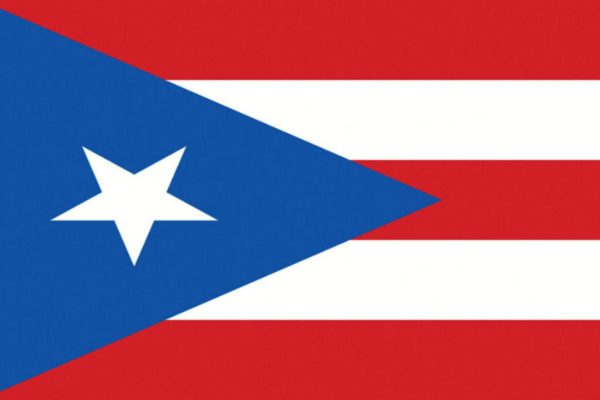American cities and states sell bonds not just to build things, but to pay government employees. Often to overpay. Thus, the U.S. territory of Puerto Rico is in a debt crisis. However we handle it will affect how Congress handles states drowning in debt, such as Illinois.
The island of Puerto Rico owes $73 billion to bondholders. So Congress appointed an Oversight Board. Such unelected administrators mandate “austerity.” They want to cut the minimum wage from $7.25 to a devastating $4.25 per hour. They also want to cut 24 workdays per year, so government workers will earn 8 percent less per year.
Why? Are Puerto Ricans overpaid?
In 2015 the economist Anne Krueger argued that the federal minimum wage of $15,080 per year is much too high for Puerto Rico. It was 28 percent of the U.S. average income (which was around $54,000 per capita). But it was 77 percent of the average income in Puerto Rico: $19,500. That’s “very high,” Krueger wrote. So she urged that the minimum wage be lowered there.
Economists might imagine that because Puerto Ricans’ incomes are so low, the cost of living in Puerto Rico is low too. Not true.
In Texas, a cheap gallon of milk costs about $2.28. But in Puerto Rico it costs $5.70. In Texas, a new Honda Civic costs about $20,400. It’s $26,000 in Puerto Rico. When someone in Texas spends $110 of electricity in one month, a person in Puerto Rico pays about three times as much for the same electricity. (Texas electricity costs about 11 cents per kilowatt-hour. It’s 29 cents in Puerto Rico.) And sales tax is 11.5 percent, horribly higher than in the 50 states.
The poverty rate in Puerto Rico is a crushing 46 percent, instead of 14 percent. Yet financial consultants propose lower wages there. Why? To pay bondholders.
Politicians and bankers created bonds to sell to investors at ridiculous profits. For example, some investors were promised $26 for every $1 invested. That’s an insane payback of 2,600 percent. Investment bankers earned billions in fees, creating absurd “financial products” and pushing them onto their customers. No risk for the bankers. Politicians too are off the hook for the sinkholes they created. The Puerto Ricans pay.
Politicians and consultants should practice austerity before dishing it out. Wrongly, in Puerto Rico some top government officials receive gobs of money.
In Texas, the commissioner of education earns $220,000 to oversee 5.4 million students in public schools. Yet Puerto Rico’s secretary of education oversees merely 300,000 students but is paid a staggering $272,000 per year. Texas has 28 million people and its director of public safety earns $220,000 per year. Puerto Rico has 3.4 million people, yet in 2013 its chief of police took home $310,588. He “earned” 80 percent more than the director of the FBI.
Consultants get rich too. Lisa Donahue, chief restructuring officer of the Puerto Rico Electric Power Authority, got $45 million to restructure the electric company’s debt. Afterward, the electric company suffered a major fire and power outages, and it increased rates. It is now in a “state of emergency.”
And Control Board members practice no austerity. Board member Carlos Garcia is an investment banker who issued bonds for Puerto Rico, first as head of securities of Santander Bank, and afterward as president of Puerto Rico’s Government Development Bank, before he returned to Santander. Many people want him to resign because of conflicts of interest. The board director, Natalie Jaresko, is an investment banker too. She receives $625,000 a year, plus a laptop, cellphone, car, driver, security guard, offices, benefits, reimbursements and flights to New York Texas and Ukraine. She gets “paid time off” too.
Meanwhile, in Puerto Rico’s broken-down public schools, children must bring their own toilet paper to school. Puerto Rico mismanages $3.3 billion for education per year.
Puerto Rico’s government has endless examples of inordinate, wasteful spending. The Oversight Board should impose austerity where it belongs: on overpaid politicians who self-deal their own shameless money grabs — not on low-earning workers.
Alberto A. Martinez is Puerto Rican and a professor of history at The University of Texas at Austin.
To view more op-eds from Texas Perspectives, click here.
Like us on Facebook.




